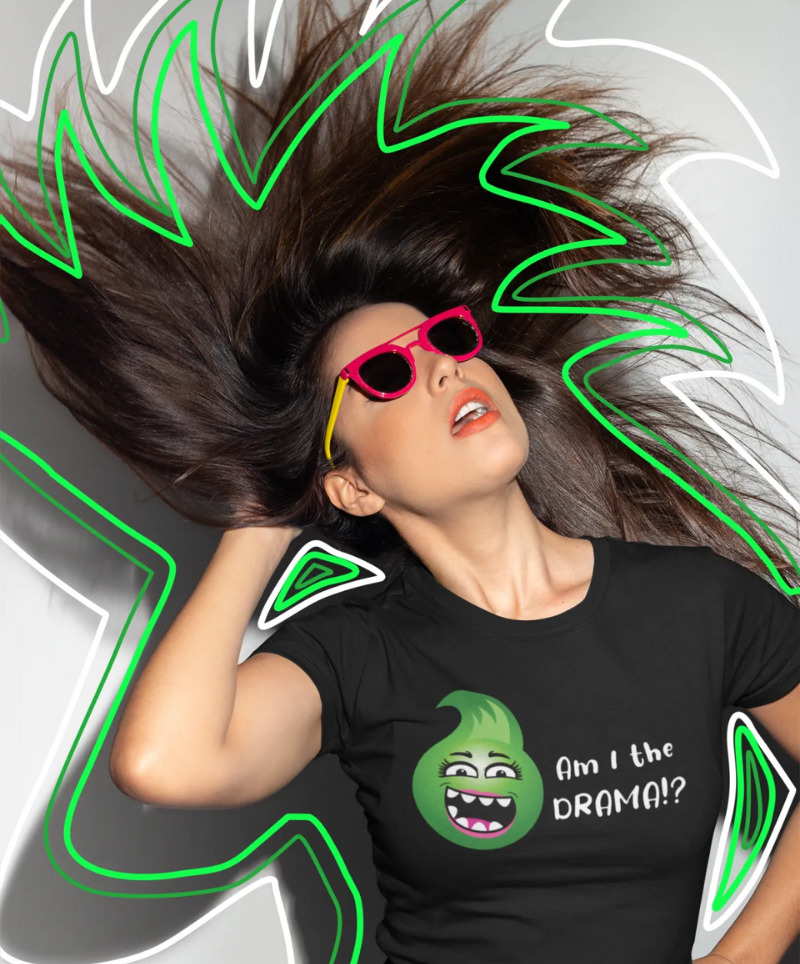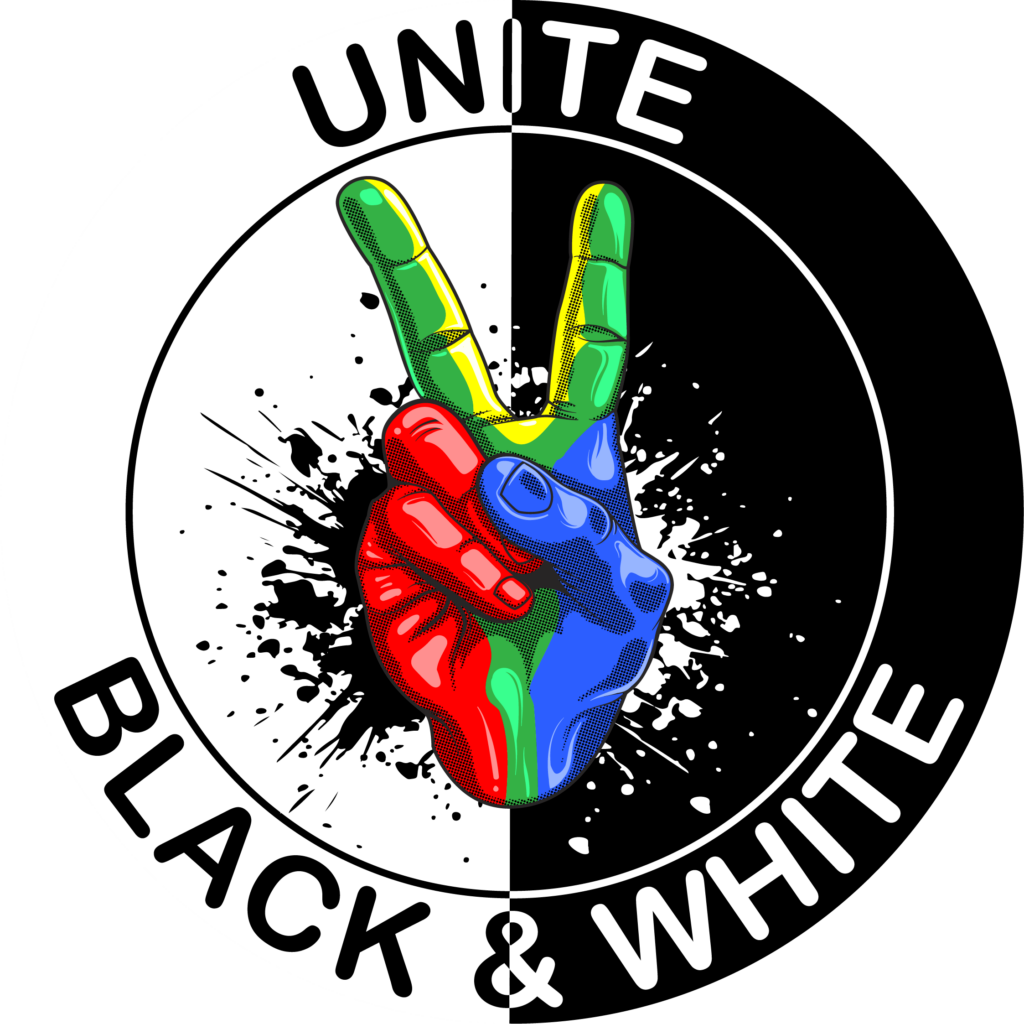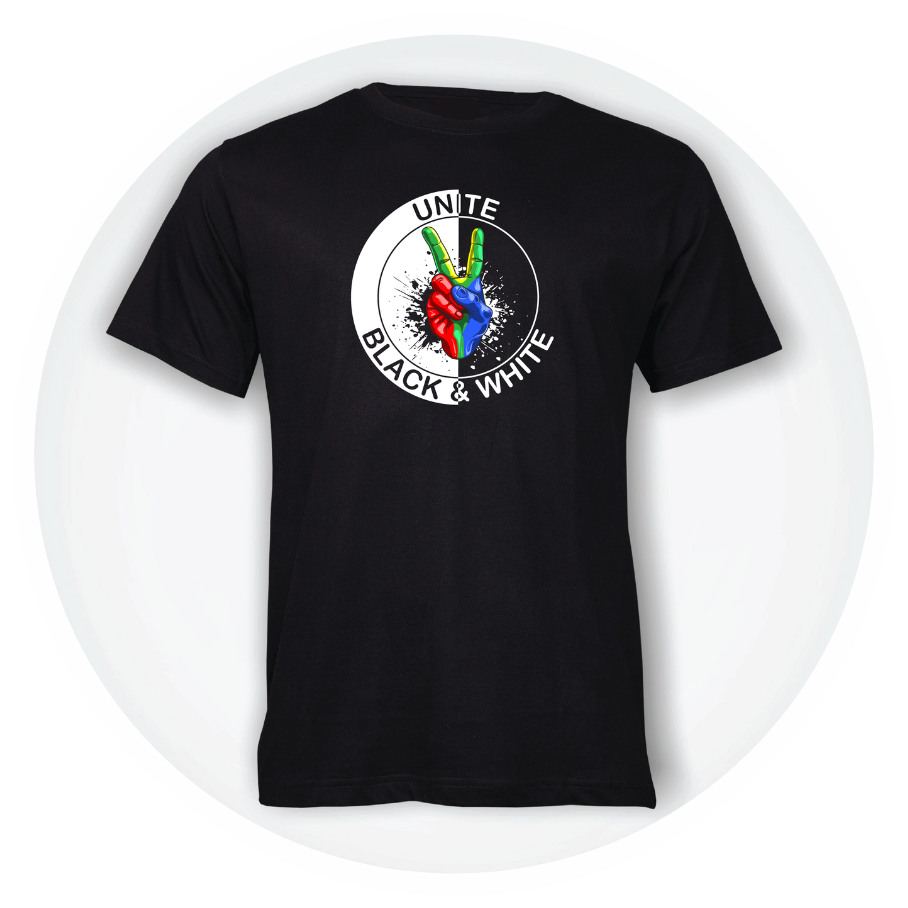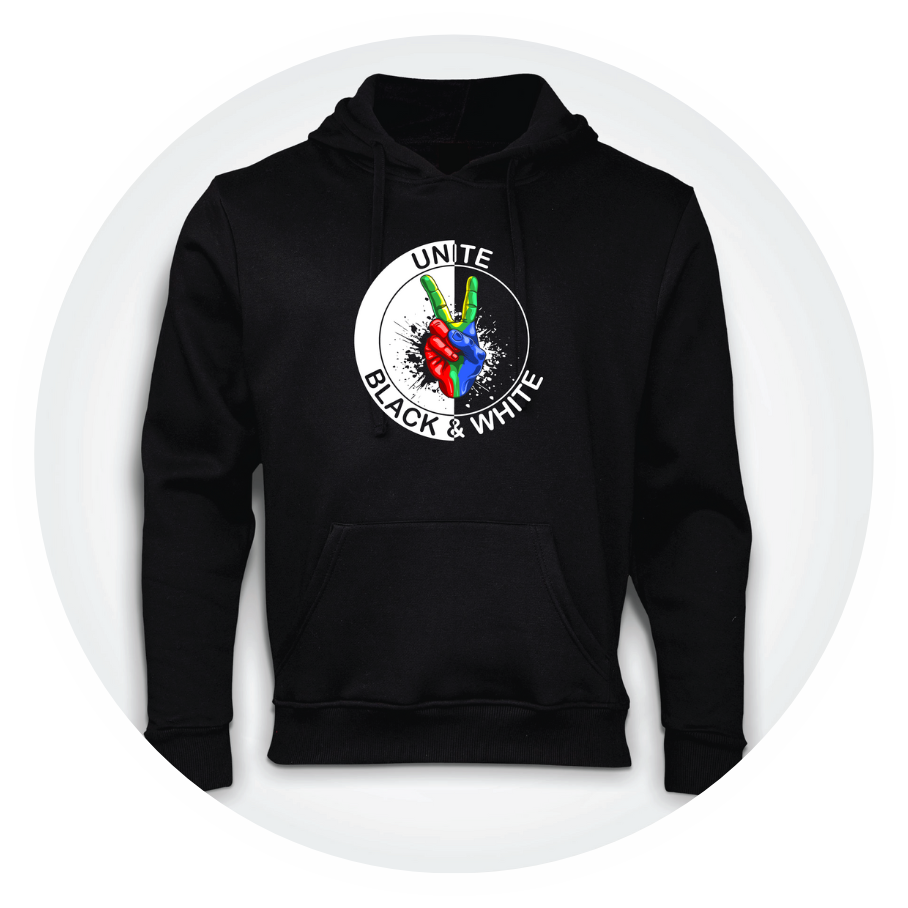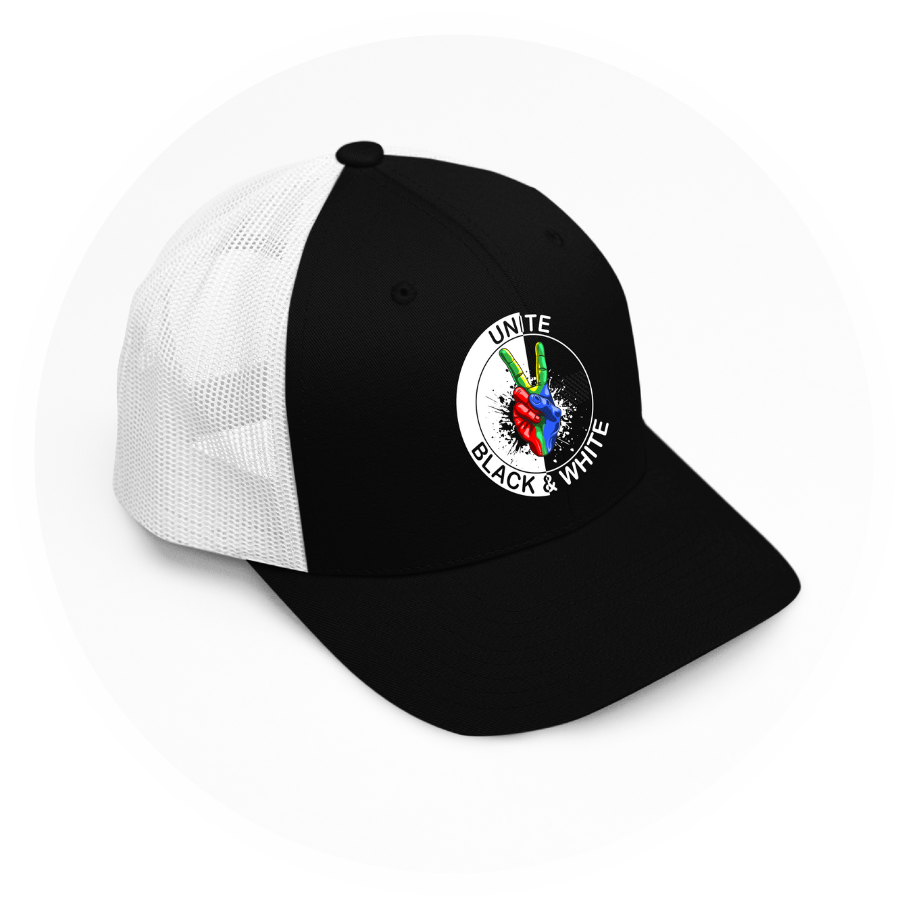
You’re not just a bystander in the story of our nation; you’re the link who can help bridge divides. South Africa faces challenges that can seem overwhelming — high crime rates, economic disparity, and deep-seated racial tensions that threaten our collective future. Someone needs to be the change, why not you?


Take action to address the challenges facing South Africa, from high crime rates to economic disparity and racial tensions, by joining a movement dedicated to unity and change. Your involvement is vital in shaping a future where harmony and opportunity define our nation, rather than division and discord. Start now by embracing the conversation and wearing the symbol of solidarity.

Start Now. Watch the video. Wear the symbol. Embrace the conversation.
My name is Andries. I was shot when I was 10 years old, and I hope my story can mean something to you.
In 1992, my brother and I were victims of a farm attack. It was a horrible experience, and I’m still surprised by how clearly I can remember the details of that day. If I ask you what you did last Wednesday, you will probably have to think about it, but if I ask you where you were at the time of a deeply traumatic experience, for example, when you lost a loved one, you can be back in that moment in an instant because those memories are etched into your mind forever.
We were both shot through the chest from about one meter, with a .38 special revolver. My brother was only 8 years old, and he died on the scene. I remember all the details, the two loud bangs piercing my ears, the excruciating pain, the noises my brother made while we both rolled around on the ground waiting to die, the fear of dying, and then my brother’s lifeless body lying there, the last time I ever saw him.
I was flown to a hospital, loaded onto a gurney and the last scene of that day was a nurse saying, “This injection will burn a bit, but don’t worry, you will be okay.” Then everything faded to black.
One of the first things my mother told me after I awoke from the coma was, ‘Andries, do not let the seeds of racism grow in your heart; you must forgive. Remember, not all Black people are bad.’ It may sound strange that she would say that, but she was addressing a broader issue. Our attack wasn’t isolated; it was one of several farm attacks during that time. It happened just before the end of the apartheid era when the song “Kill the farmer, Kill the boer” was sung all over the country, and the killing of white farmers was encouraged by the resistance movement. Racism was at bursting point. There were some white people on the far right who were ready to go to war and didn’t want to let go of apartheid, there were some black people on the other side who called for the killing of all white people, black tribes were fighting over who would rule after apartheid. The country was in a turmoil of hatred and division, but our home and our family were not racists, and my mom proudly held onto that. Even after her youngest son was killed, her other son in hospital, fighting for his life, and people in the streets danced to the beat of “kill the farmer,” she refused to see the world in just black and white. She believed—and taught us—that every race has good and bad people.
Her words echo through my mind as I look at South Africa today and I see how that same narrative of black and white is kept alive and driven by politics.
It is upsetting to see how little progress we’ve made in racial relations. So, I have been walking around with the idea to start this initiative for a long time and I never had the guts to act on it. I have postponed this video because it makes me so uncomfortable, but I think the time to act on how we feel is over. We need to stand up and do something before it’s too late.
I believe the word RESPONSIBILITY means: if you have the ability to respond, then it’s your responsibility.
So, where do we start? Here’s an analogy that might help:
Years ago, I stayed with my future in-laws who had an old fat cat that no one liked. Frequently, this cat would vomit in the kitchen overnight. Since I was always the first up, I’d walk in on the mess. I could clean it up, and no one would know—it was there, so no brownie points for me. But if I left it, the next person would know I had seen it and done nothing.
We have the same type of dilemma here in South Africa. Every morning, we wake up to a mess. A mess that we didn’t create. We can ignore it and say, it wasn’t me, or we can blame each other and hope someone else will do something about it, but the next generations will look at us and say, “You saw this mess right? So, why didn’t you do something about it?” Unfortunately, rolling up your sleeves to clean up someone else’s mess will not always make you a hero, and those who come after you may not even notice or appreciate your hard work, but that’s life. Sometimes you need to clean a mess you didn’t create to give a clean start to those after you; that’s part of your legacy.
The mess in South Africa is a mixture of extreme poverty due to unemployment and failing infrastructure; we also have world-record crime rates and rape statistics, but these are just the symptoms of a much bigger problem. I believe the real problem is the fat cats in the house.
The symbolic meaning of a “fat cat” typically refers to wealthy, powerful individuals who benefit excessively from their status at the expense of others. This term is used to describe people, especially politicians, who have used their influence to gain substantial wealth or privileges in corrupt ways. A “fat cat” is not only rich and greedy but also totally uncaring about the less fortunate; they are lounging in luxury while directly or indirectly causing harm to others.
Fat cats don’t belong to a specific race; they can be black, white, or even grey because these cats are defined by their character, not colour.
They are causing the mess through corruption, greed, and an absolute lack of care for anyone outside of their circle of cronies. The reason why they are thriving so well in South Africa is that they use a very old technique to maintain power and control. The technique is called “divide and conquer,” and it is not unique to South Africa. Throughout history, everywhere in the world, the powerful have always used division to maintain power and control. It was used by the apartheid government and is still used by the new political leaders today.
They stir and cause friction between the common people of the country, so we are too busy hating and fighting each other to hold them accountable.
The problem is, we can’t fight them; common people will never win a fight against fat cats, because they are too powerful. If you and I take 10 bucks from SARS, we’re in big trouble, the fat cats can make billions of state funds disappear and they just say, “oopsie daisy,” and they walk away free.
This initiative is not a call for people to stand up against the fat cats, but to become aware of their tactics and to unite against the narrative of black and white, because that’s where they get their power from.
They want us divided. They want us to pick a side, blame the mess on each other and fight over it. They don’t want us to have conversations to find common ground and work together, because then we can hold them accountable for their actions.
This country has enough resources and opportunities to fix the mess, but only with the right leadership. One of the reasons why millions of people support corrupt leaders is because they are brainwashed to believe that it’s the only way to avoid a repeat of apartheid. That’s a big lie. The closest we will ever be to a repeat of apartheid is the current BEE and affirmative action that, just like apartheid, only benefits a handful of connected elites and never the poor man on the street.
Racism is used as a tool to divide us, and it isn’t nearly as big on the ground level as it is in politics. We work together, live together, do sport together, and coexist with little to no problems, but politicians always find ways to wedge us apart.
If you’re a young black person in South Africa, it must be very hard to not be racist because anyone born after apartheid has been bombarded with propaganda about how evil white people are. You have been told that Africa was heaven on earth before the evil whites arrived, you are constantly told that all the problems in South Africa can be traced back to the evil white man. Whenever white people commit a crime, it is over-broadcast all over the news to ensure it doesn’t go unnoticed. If you fall for the lie that all white people are bad and racist, you step right into that mess and you do exactly what they want you to do. Then you are a puppet on a string.
If you’re a white South African, I understand how hard it is to not hate. Every day you hear how bad the whites are. You see how white people lose their jobs, their property, their income because of their race. You see how white people get arrested for no reason and then held captive while the prosecution process is dragged out for days just to spite the victims and their families. Now take note of that feeling and know… that is exactly how black people felt during apartheid. No number of wrongs will ever make a right, and if you hate and distance yourself from all black people because of that, then you do exactly what the fat cats want you to do. Then you are also a puppet on a string in their silly show.
If you are any other race in South Africa, you must be sick and tired of being like a ping pong ball between the two sides. During apartheid Indians, Coloureds, and Asians in South Africa wanted to be on the white side, now on the black side, and every year you find out that your BEE status is worth less and less, because you’re not really black. Like a child between divorced parents, you may feel you don’t belong anywhere, but the fact is you don’t belong on the white or black side, you belong in South Africa, where all races, cultures, and differences should be respected, celebrated, and allowed to flourish.
We are like siblings with unique personalities living in the same house. We can fight all day long and have a miserable life, or we can accept one another the way we are, make peace with the fact that we are stuck together, and make the best of what we have. Let’s become a family that shows the world who we are without trying to change or “fix” each other.
My hope with this page is to unite people against the narrative of black and white. To start meaningful conversations between South Africans. To make people aware of the efforts to divide us, and to resist the temptation to fall for it.
If you also believe there is hope for South Africa, then show it, wear this symbol and stand with me. Let’s unite against black and white and embrace the rich and colourful potential we have in this country.
If anything I’ve said resonated with your heart, then please don’t sit on the side lines, stand up, give your support, click on the links, like, comment, share, and connect with us. Let’s work together to make a positive difference.
During the Rugby World Cup in 2023 we once again proved to the world and ourselves that anything is possible if we stand together. We are not defined by our history but made stronger by it. We have fought hard in the past, but we are so much better when we fight together.
Let’s maintain that spirit. Let us not be blind to colour but instead see the beauty in our diversity. The lines that once divided us are now the spaces where our colours can meet, blend, and create the masterpiece that our nation was meant to be.
Stand with us. Let’s paint our country with the colours of courage, respect, and unity. Together, let’s colour in the lines of our past with the vibrant hues of understanding and forge a legacy worthy of our children.
Let’s not wait for heroes; let’s become the heroes in the story of South Africa. Let’s not just narrate change; let’s be the authors of it. For every action we take colours the canvas of tomorrow.
LET’S UNITE BLACK AND WHITE.

